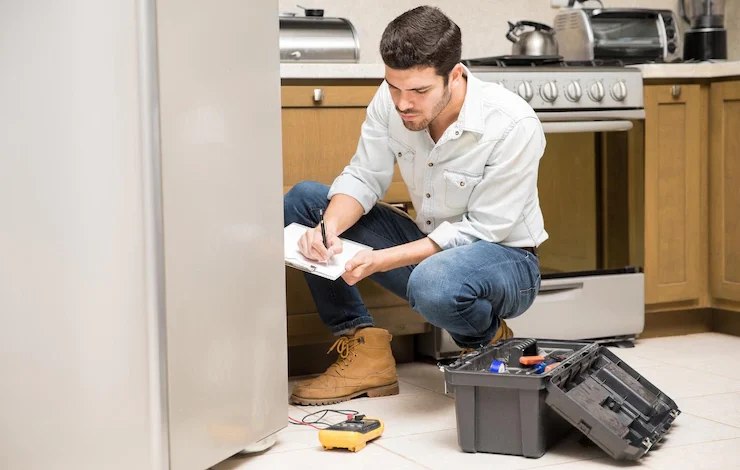How to start a Refrigeration repair services in South Africa

With the increasing demand for refrigeration services in South Africa, starting a refrigeration repair business can be a lucrative and rewarding venture. As the economy grows and industries expand, the need for reliable refrigeration systems and efficient repairs becomes paramount. This article will provide you with a step-by-step guide on how to establish a successful refrigeration repair service in South Africa.
Step 1: Research and Planning Before diving into the business, conduct thorough research to understand the market, competition, and potential customers. Identify the target market, such as residential, commercial, or industrial clients, and determine the types of refrigeration systems you will specialize in repairing.
Create a comprehensive business plan that outlines your goals, strategies, marketing plans, financial projections, and potential challenges. This will serve as a roadmap for your business and help you secure funding or attract potential investors.
Step 2: Legal Requirements and Licensing Familiarize yourself with the legal requirements for starting a business in South Africa. Register your business with the Companies and Intellectual Property Commission (CIPC) and obtain all the necessary licenses and permits required by local authorities. Compliance with health and safety regulations is crucial to operate legally and gain the trust of your customers.
Step 3: Skill Development and Certifications To establish credibility and build trust, acquire the necessary technical skills and certifications in refrigeration repair. Consider enrolling in relevant courses, obtaining certifications, or gaining hands-on experience through internships or apprenticeships. The South African Qualifications Authority (SAQA) provides accredited courses and certifications in refrigeration and air conditioning.
Step 4: Tools, Equipment, and Inventory Invest in high-quality tools and equipment required for repairing refrigeration systems. This includes refrigerant recovery units, vacuum pumps, leak detectors, manifold gauge sets, and a variety of specialized hand tools. Additionally, establish relationships with suppliers to ensure a steady supply of spare parts and components required for repairs.
Step 5: Establish a Network of Suppliers and Technicians Build a network of reliable suppliers for spare parts, refrigerants, and other necessary materials. Establish partnerships with reputable manufacturers and distributors in the refrigeration industry. It is also important to hire skilled technicians who can deliver quality repairs and handle customer inquiries professionally.
Step 6: Marketing and Promotion Develop a strong online presence by creating a professional website that showcases your services, expertise, and contact information. Utilize search engine optimization (SEO) techniques to improve your website’s visibility in search engine results.
Utilize social media platforms, such as Facebook, Instagram, and LinkedIn, to reach a wider audience and engage with potential customers. Encourage satisfied customers to leave reviews and testimonials to enhance your reputation. Networking with local businesses and joining industry associations can also help you gain exposure and generate leads.
Step 7: Exceptional Customer Service Provide exceptional customer service to differentiate your business from competitors. Respond promptly to customer inquiries, offer transparent pricing, and ensure timely repairs. Develop long-term relationships with your clients by offering maintenance contracts and follow-up services.
Step 8: Expand and Diversify As your business grows, consider expanding your services to cater to a wider range of customers. This may include offering installation services, maintenance contracts, or even venturing into related areas such as HVAC repairs. Stay updated with the latest industry trends and technologies to stay competitive in the market.
Starting a refrigeration repair service in South Africa requires careful planning, technical expertise, and a commitment to providing excellent customer service. By following these steps, you can lay a solid foundation for your business and establish a reputable brand in the industry. Remember to adapt and evolve with changing market demands to stay ahead of the competition.




